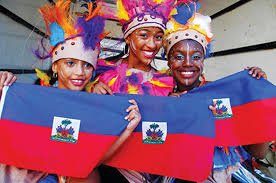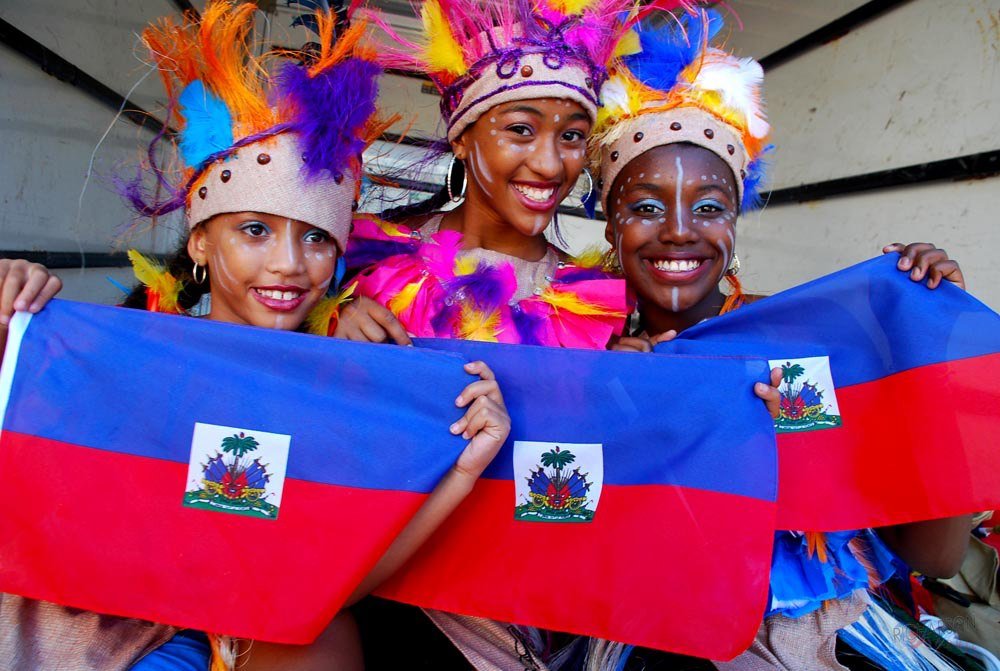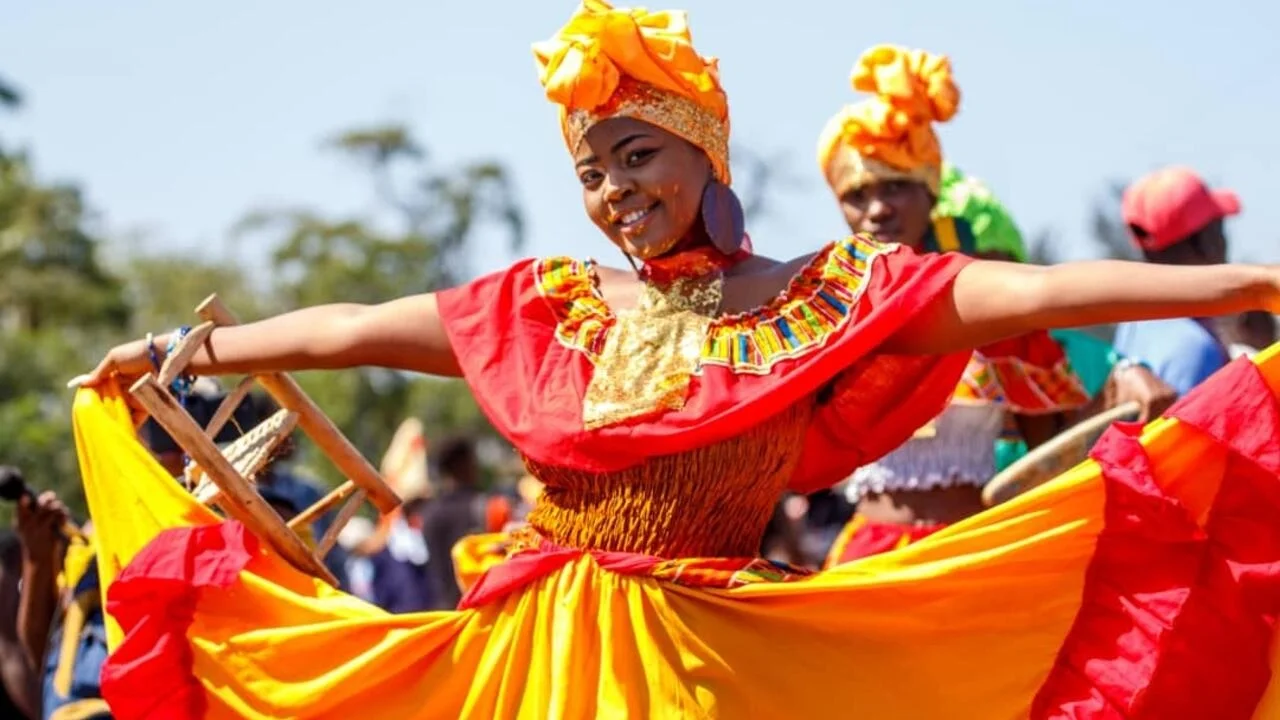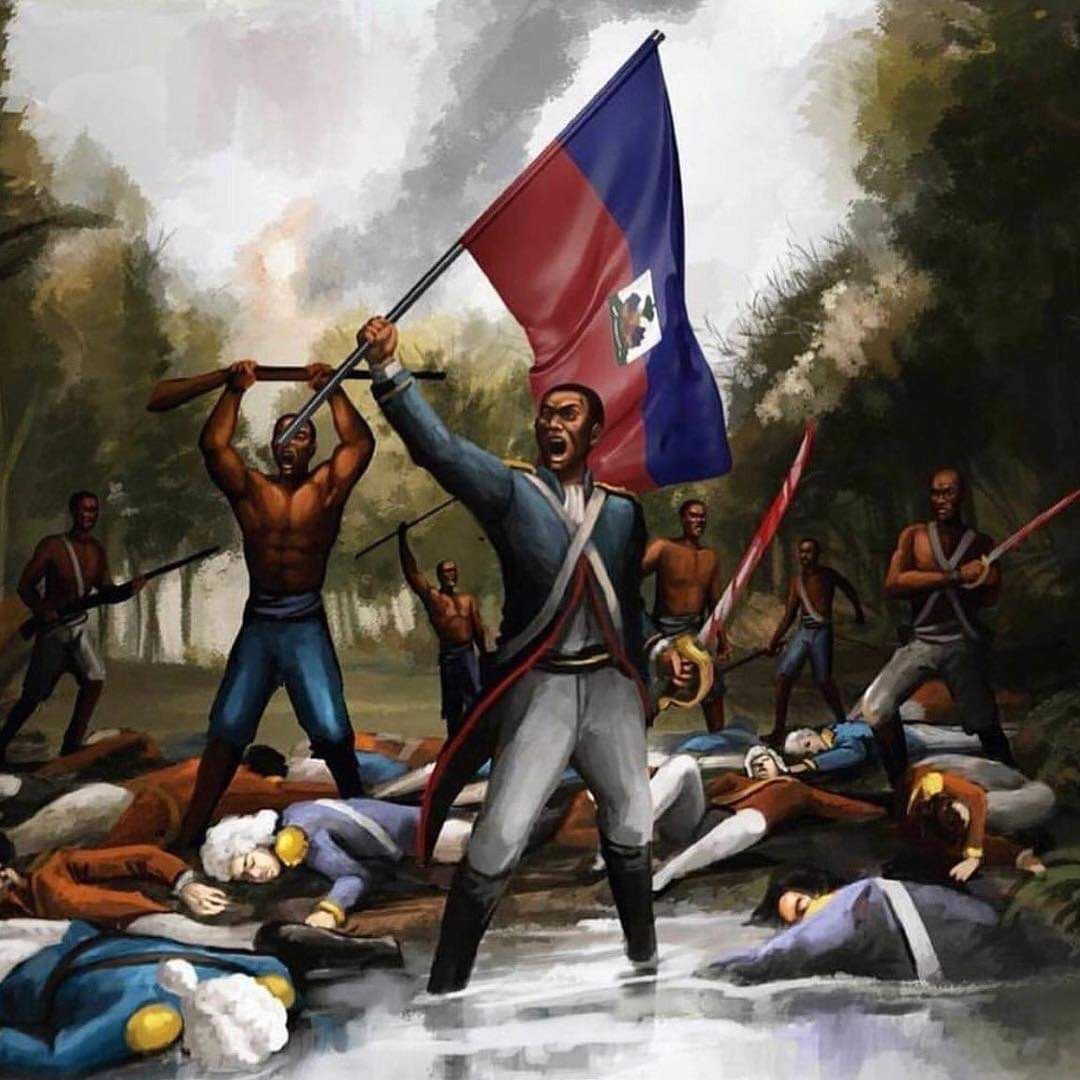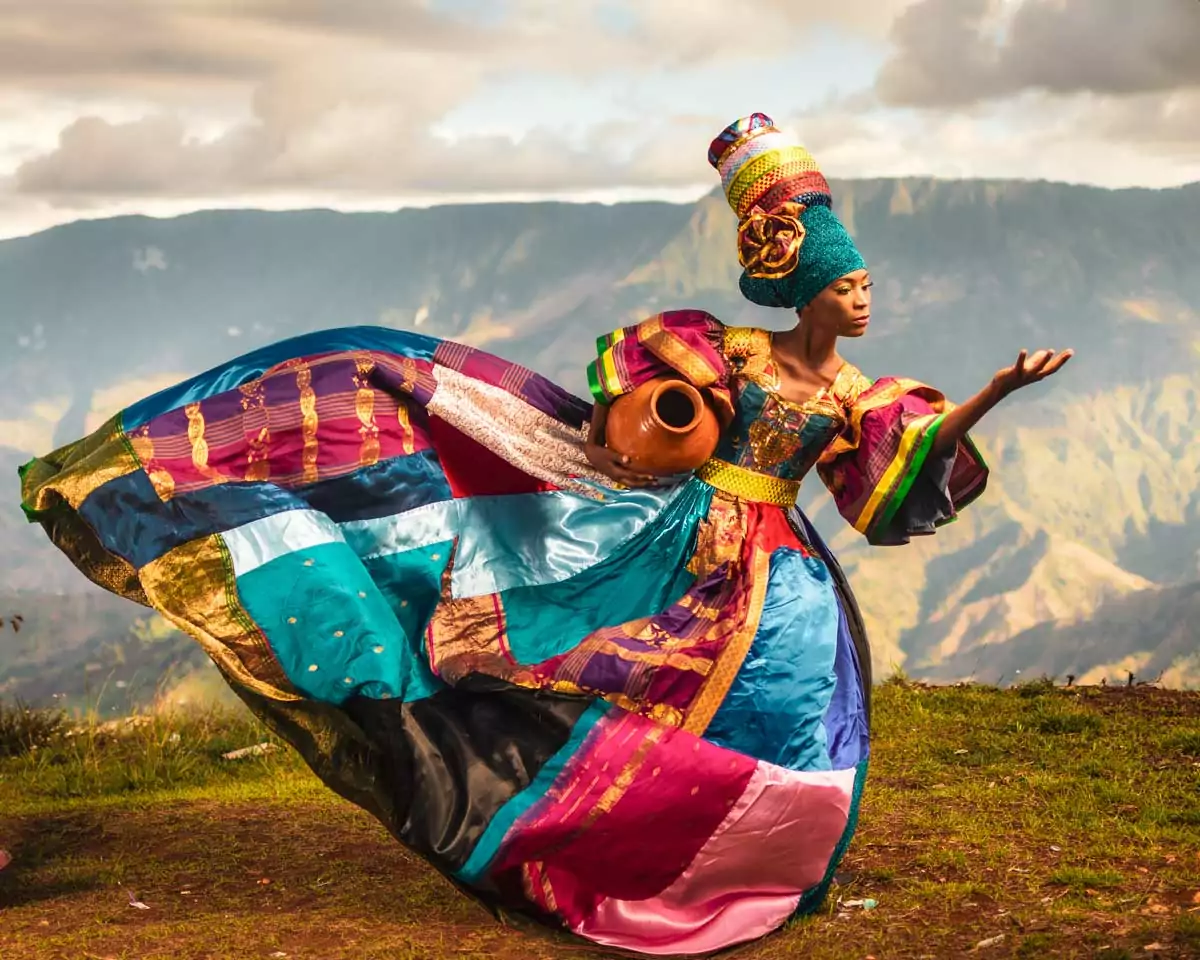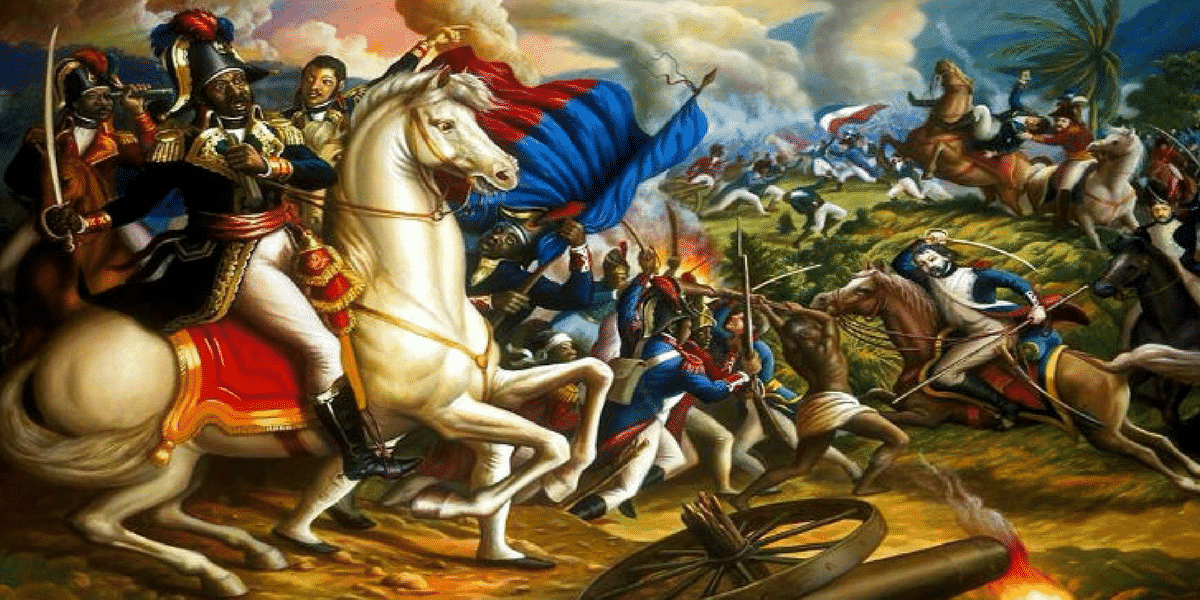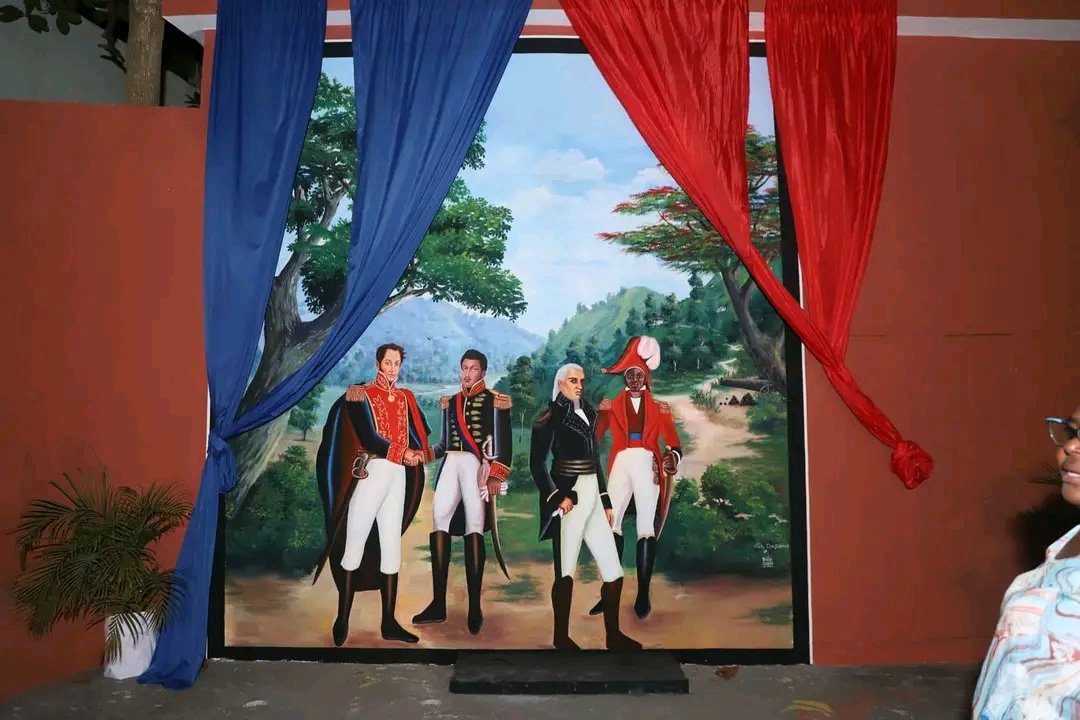Le mardi 17 février 2026, l’Église Rendez-Vous Christ (RVC), dirigée par le Dr Julio Volcy, a rassemblé plusieurs centaines de jeunes haïtiens dans ses locaux à Delmas 75 pour une conférence placée sous le thème « Menm Ou Menm Tou ». L’événement a offert aux participants une occasion unique de se rencontrer, d’échanger et d’écouter des interventions motivantes centrées sur le développement personnel et l’engagement citoyen.
Des messages forts pour la jeunesse
Lors de sa première intervention, intitulée « Jenès la ou kapab », le Dr Julio Volcy a exhorté les jeunes à croire en leur potentiel et à rejeter toute forme de fatalisme. Il a particulièrement insisté sur l’importance de changer de mentalité : « Nous ne pouvons pas résoudre un problème avec la mentalité qui l’a créé. »
Il a encouragé la jeunesse à adopter une nouvelle manière de penser, fondée sur la discipline, l’excellence et la responsabilité. Le révérend a également rappelé que la jeunesse haïtienne représente près de 70 % de la population du pays, et qu’un engagement structuré de seulement 4 % d’entre eux pourrait modifier significativement la trajectoire nationale.
Sa seconde intervention, « Jenès la ak responsablite l », a souligné le lien indissociable entre potentiel et responsabilité. Le Dr Volcy a invité les jeunes à devenir des acteurs de transformation dans leurs communautés, à investir dans leur formation et à développer un leadership intègre.
Appel à un engagement fort et à la spiritualité










